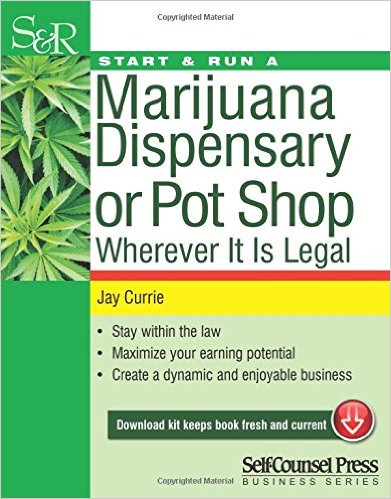 I have been joking for a year that when Legalization Day arrives in BC we won’t notice any difference. I suspect that will be true tomorrow simply because very little of the infrastructure of legalized pot will be ready to go on Day 1.
I have been joking for a year that when Legalization Day arrives in BC we won’t notice any difference. I suspect that will be true tomorrow simply because very little of the infrastructure of legalized pot will be ready to go on Day 1.
The biggest difference will be that the people who will assemble to enjoy being able to smoke pot without the slightest chance of arrest (not that there is much chance of arrest now) will all be smoking illegal pot because there is, according to the Globe and Mail, exactly one fully licenced pot shop ready to go for Day 1. Plus there is and will remain a significant supply shortage as the various licenced growers ramp up the production of their “biological assets”.
The great error of the Canadian marijuana advocates was to accept “legalization” rather than demanding “decriminalization”. This has doomed Canada to repeat the American experience of creating a heavily regulated cannabis industry with so called “seed to sale” product tracking, licenced pot shops, provincial wholesale monopolies and all manner of other state intrusions. The layers of regulation might even suggest that the idea that pot is harmless does not reflect the Liberals’ actual thinking.
At the same time, the personal grow show exemption allowing the cultivation of up to four plants for personal use is going to hole the great barge of regulation under the waterline. It will not take all that many people growing to provide an abundant, unregulated, supply of potlatch pot. The potlatch element comes from the fact you cannot sell your crop, but you can give it away. A mildly competent grower – and there are plenty out there – should be able to grow a pound of pot per plant. An ambitious grower should be able to harvest 3 or 4 times per year. A pound is roughly 450 grams and if you think about that at the notional rate of $10 a gram, that is $18,000 worth of untaxed pot every quarter.
There is no question that home grows in closets will be a thing, the only question is how big a thing.
At the moment there are some very big companies involved in the cannabis business in Canada. Companies whose market caps are several times the estimated size of the Canadian retail recreational marijuana market. There are also plenty of large scale growers who have not jumped through the Health Canada regulatory hoops. There will be pressure on the federal and provincial governments to enforce the seed to sale regulation of legal pot. But there will be market pressure to ignore the regulatory scheme from pot activists, “independent growers” and, I suspect, urban and rural First Nations who have no particular stake in the regulatory scheme. Just as I can drive three miles from my home and buy fireworks on a nearby reserve in defiance of municipal and provincial law, it would hardly be surprising to see excise stamp free marijuana for sale in those same locations.
Astoundingly, the legalization of marijuana is likely to be the only basic accomplishment of the first Trudeau government. The early indications are October 17 will be celebrated with clouds of illegal pot, regulatory chaos and a boost to the grey and black markets as police and Crown will no longer have even the threat of possession charges. A few months from now there will be the inevitable “oversupply” of recreational marijuana with the corresponding drop in wholesale and then retail prices. Which, in its turn, will collapse such tax windfalls which legal pot were promised to bring.
The chaos of the Canadian “legalization” of marijuana will take a year or so to really hit home. Just in time for the October 2019 federal election.


